Mental Health, Career Moves, and How She's Supporting Napa's Families: Catching Up with Anahi
The families who work with Anahi absolutely adore her, and when speaking with Anahi, you quickly understand why. While soft-spoken and gentle in manner, her passion for the work she does with families is palpable.
Anahi began working for Cope in 2016 after graduating from college. She attended UC Davis for her undergraduate degree, where she studied sociology and Chicana/o studies with a focus on social services. She wasn’t sure what she would do with her degree after graduation, but because of her experience immigrating to the U.S. with her family as a child, she knew she wanted to serve families.
“When I was 9 years old my family and I came to the U.S. to live with my father. That was quite a transition for the whole family, and we benefitted from community support. During my educational journey, there was a support group I was part of (at the time called Student Support Services at Napa Valley College), so I had people guiding me and helping me obtain a higher education so that I could do the work with families that I do now.”
In addition to her professional experience working with families as a Family Support Specialist at Cope, her personal experiences and the experiences of loved ones have shown Anahi the impact that mental health struggles can have on an individual’s life, and these experiences have made her passionate about mental health and wellbeing. When Anahi learned of an opportunity for professional development in the field through the Napa Infant-Parent Mental Health Fellowship Program at UC Davis, she applied.
With her educational background and wealth of experience working with children and families, Anahi was accepted into the program. In addition to working as a Family Support Specialist during the week, Anahi has been participating in the fellowship program Fridays through Sundays since January and will continue to do so through April of 2024.
Anahi with Guadalupe, former client
While she was already familiar with some of the information in the program from her education and professional experiences, she is learning a ton of new information about infant and parent mental health through leading practitioners and researchers in the field. She is learning about the science of mental health, ways to promote mental wellbeing, and methods of prevention.
The model of early care and intervention being taught in the program supports the work that she already does with Napa’s families through Cope’s Parents as Teachers Home Visiting program. For healthy development, she has learned how important it is to connect with families early in their child’s life, so that parents and caregivers have the tools they need to best bond with their child and support their child’s growth. Working with a family in the first few years of their child’s life also makes screening and early intervention, if needed, possible.
She emphasizes how important it is for caregivers to have the support they need for their own mental health, too. While the well-being of the parent is an important issue in its own right, it is also important to know that parental stress and depression can affect the parent-infant bond. When children have healthy caregivers, they are better able to develop healthfully in their earlier years.
Part of the work Anahi does, and which is taught in her fellowship program, is leading parents and caregivers through Newborn Behavioral Observations. She will interact with the child by engaging them with certain stimuli, such as a red ball or rattle, and watch how the child responds. By participating in this activity with the child’s family, parents get a better understanding of their child’s emotional, behavioral, and physical capacity at such an early age.
She says that many families are surprised by how much their child can do and learn in the earliest stages of life. She loves to see her families’ faces “light up” when they see their child’s responses.
The in-depth nature of the program has also allowed her to acquire additional tools to better support the relationship between parent and child in her role as a Family Support Specialist. “It has made me more intentional about the way I work and connect with families. I have a better understanding of why we do this work, and I’m more compassionate and intentional with families.”
“I am learning how to better connect with the people in my own life, too” she says. The program has influenced the way she chooses to take care of herself, and she is more intentional about the choices she makes. In this way, the program is helping her to get to know herself better.
As the next step in her career, Anahi recently accepted a new position as Cope’s Ready, Set, Grow! Early Childhood Coordinator. She will continue to serve families by connecting parents and caregivers with available resources so that they can best meet their family’s needs. She will also help facilitate developmental screenings and provide guidance to Home Visiting staff. Ultimately, the goal of her work is to provide a therapeutic space for parents and their children. “I want to provide a safe space for families to express their feelings and needs so that they can better connect with their children.”
She highlights the fact that the families are doing the hard work of implementing healthy habits, making positive strides toward their goals, and developing stronger bonds with their children. “I see the work families are doing to create brighter futures for their children; I’m just there to support them.”


